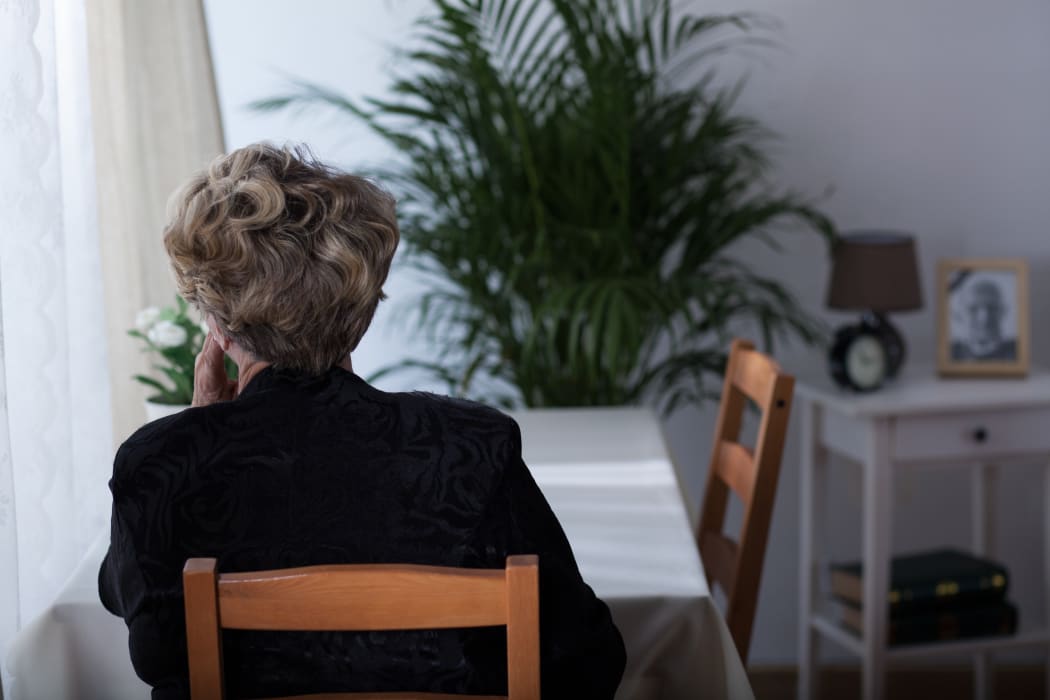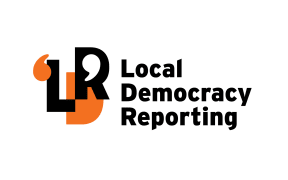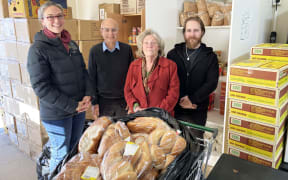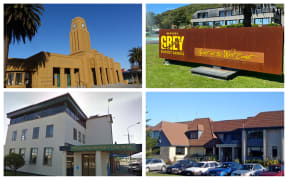Soaring rates bills on the West Coast are forcing some homeowners on low incomes to consider selling up.

Greypower says even with the government's rebates, rates are unaffordable for many superannuitants. (file pic) Photo: 123rf
Greypower's Hokitika president Steve Foskett said pensioners in the town have been dealt a body blow by the West Coast Regional Council's 30 percent rate rise, coming on top of a 13 percent hike in Westland District Council rates.
"People on fixed incomes just can't afford this - it's causing a lot distress, and they're really struggling over how they're going to pay."
This year's rate increases had been the last straw for one elderly couple, who had now decided to sell their family home of many years and apply for a pensioner housing unit, Foskett said.
"They're sad about it; they didn't want to leave but the amounts the councils are asking ... their only income is the super [superannuation] and they just can't afford these rates."
The couple were not the only ones facing a hard decision, he said.
"They're not alone - other people on fixed incomes are talking about moving somewhere cheaper."
Westland Mayor Bruce Smith has urged people on low incomes to apply for the government's rates rebate of up to $665 a year.
But Foskett said even with the rebate, rates were unaffordable for many superannuitants, given the size of the increases this year.
"Greypower has been lobbying the government to increase the rebate - that needs to happen urgently."
Rate increases and the pressure on pensioners' incomes would be high on the agenda at Greypower Hokitika's meeting next Thursday, he said.
Greymouth people are being confronted with some of the highest increases as regional council rate accounts start to land in their letterboxes.
Regional rates are up 30 percent and new levies appear on the invoices for the upgrade of the Greymouth flood protection scheme.
One family spoken to would be paying an additional $425 a year in rates, with regional rates alone now over $600.
The average income family pays the rates bills by direct debit.
"Our Grey District (Council) rates have gone from $67.03 a week, to $72.15. And the regional council rates have jumped from $6.17 a week to $9.24."
Farmer blames government, local government
Rotomanu farmer Katie Milne said she was not aware of any reaction to the new rates from farmers - but they might not have opened their bills yet or checked their direct debits if they were busy with lambing and calving.
Barrytown dairy farmer Richard Reynolds is philosophical about paying more.
"It's better than having your property sold up. It's the result of government policy, asking councils to do more but also poorly managed local government in the past."
At every council election, candidates promised to keep rates down, with the result that reserves and assets were run down over the long-term because of short-term thinking, Reynolds said.
"This won't be the last rise. We've now got inflation after the sugar rush of all the government spending, and it will drive social change."
In Christchurch, older people had also been forced to sell up and move to cheaper accommodation because they could not afford the rates on their homes, Reynolds said.
"These increases will continue, and farmers are in a better position than people on low fixed incomes, especially retirees, that's for sure."
Greymouth beneficiaries advocate Graeme Axford agrees.
"I know quite a few people already in arrears with their rates and they're stressed out, knowing they're in debt they can't catch up on and worried the council could sell them up."
One couple was thinking of selling their property and finding somewhere to rent to ease the pressure on their budget, Axford said.
"These increases are just piling more on the debt and the government rebate doesn't make much difference when you're looking at a bill of $3000 - it's not a lot off and if you're short, you're short."
The Grey District Council rates on Axford's Omoto bush block and house were $2800, and the regional rates $300.
"That's a lot to pay for no services except rubbish collection. We have neighbours with a forestry block who pay less than a third of that - because it's forestry, not native bush. It doesn't make a lot of sense."

Local Democracy Reporting is a public interest news service supported by RNZ, the News Publishers' Association and NZ On Air.






